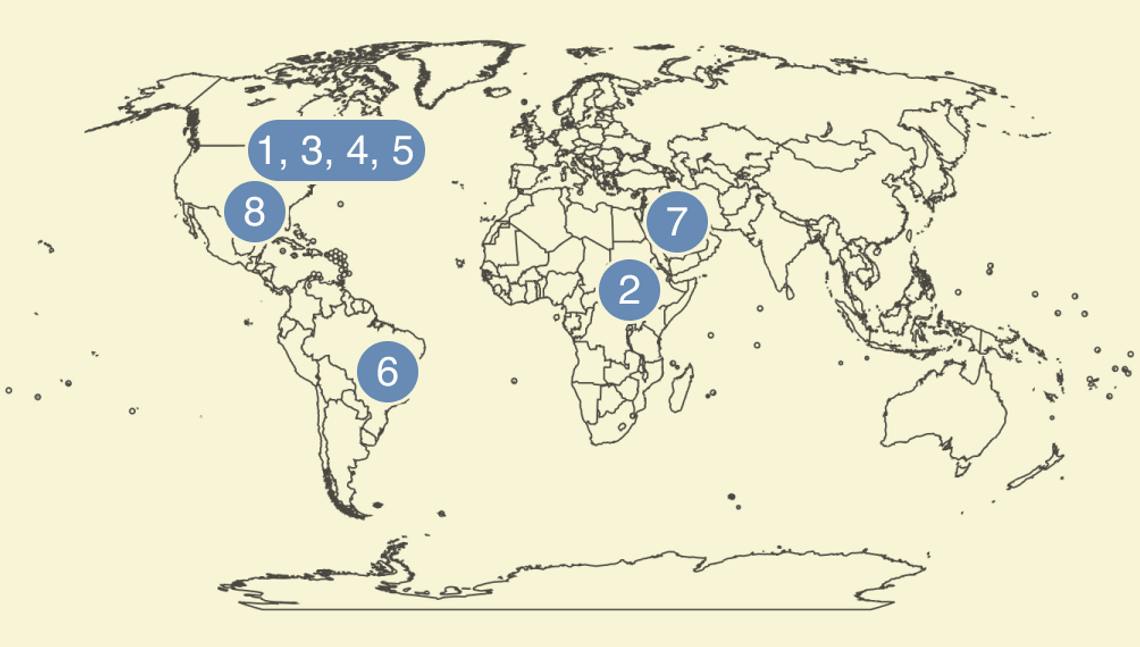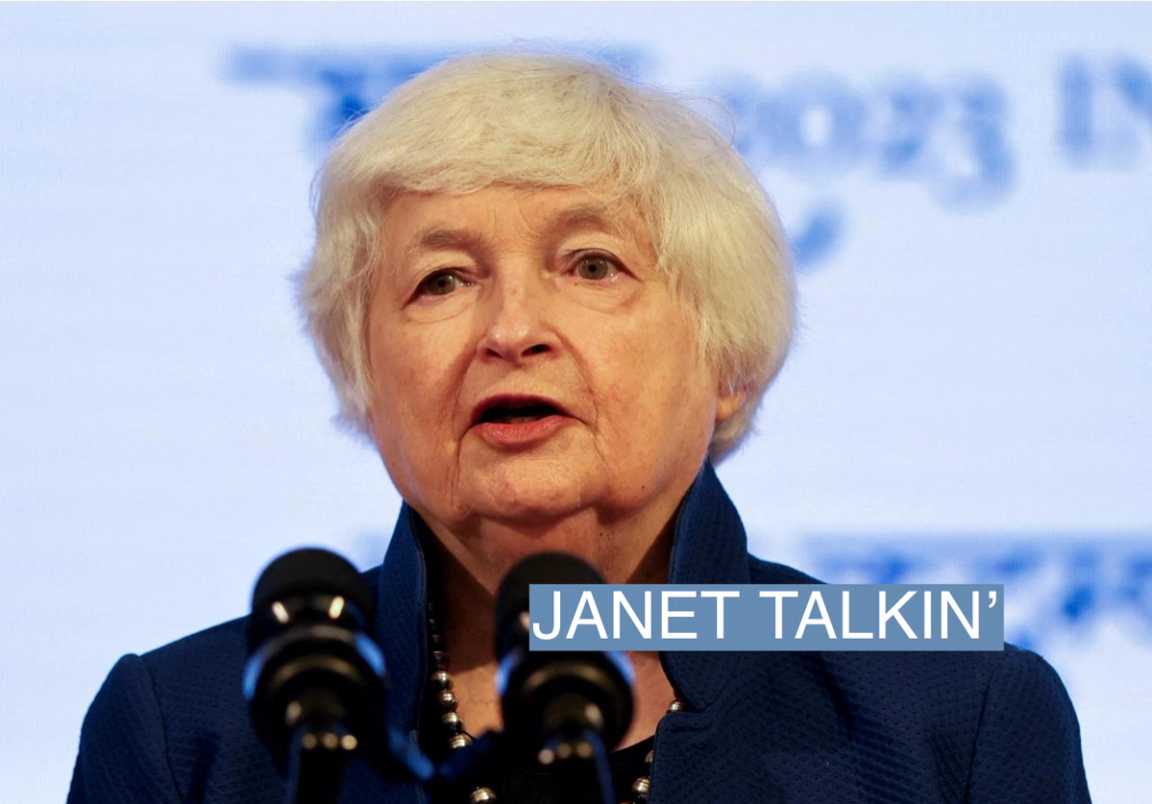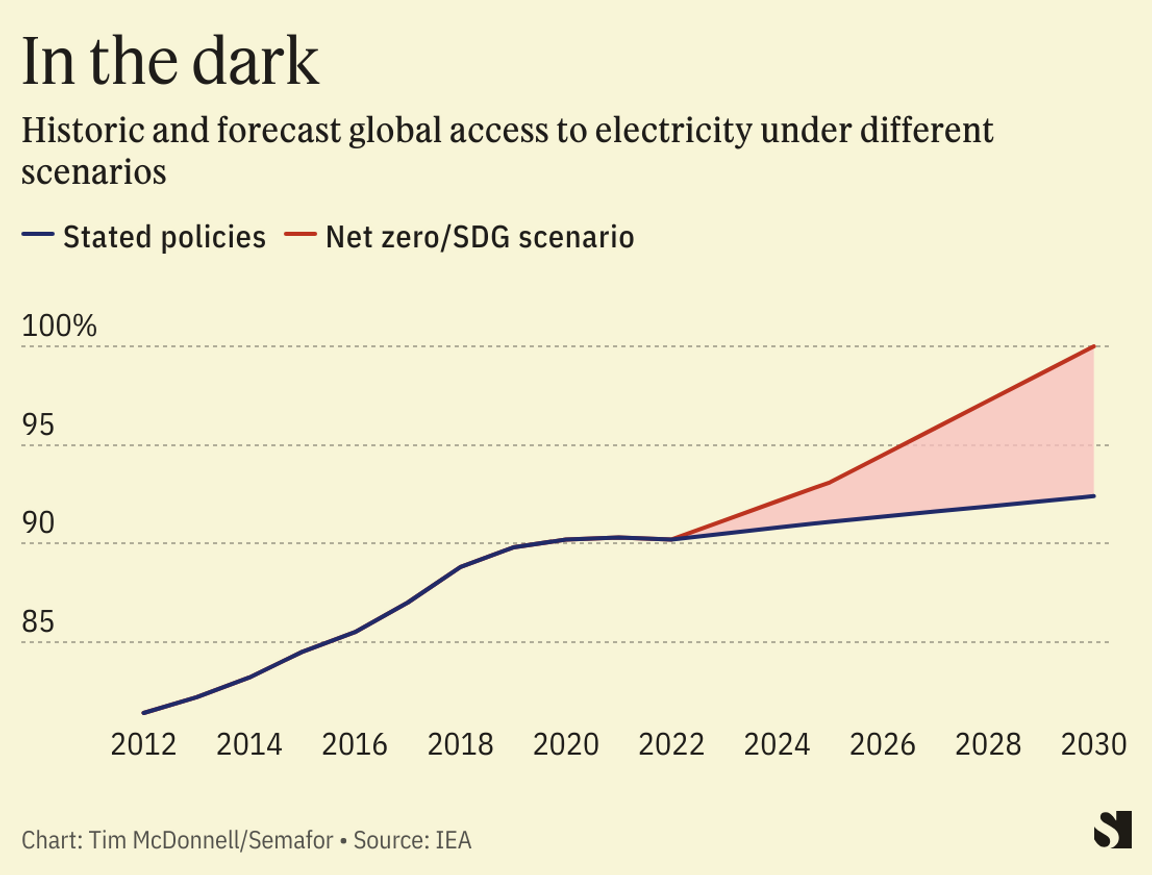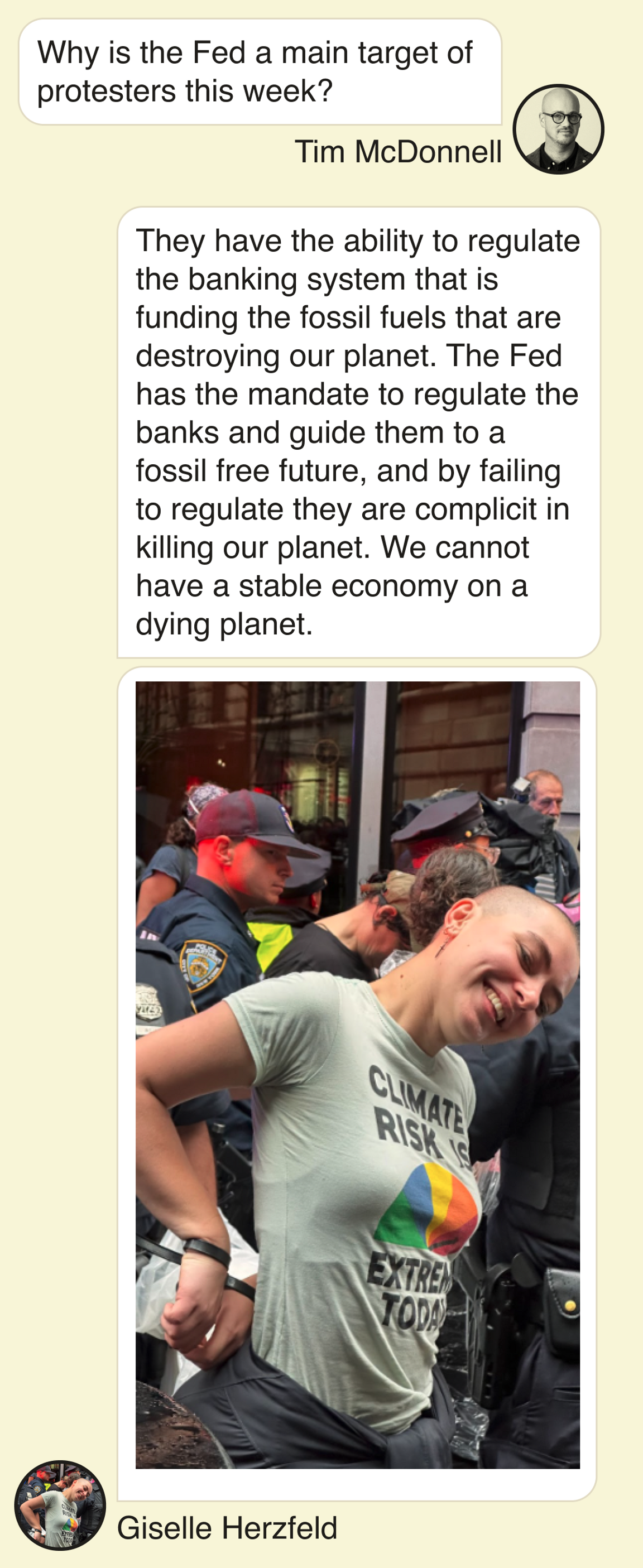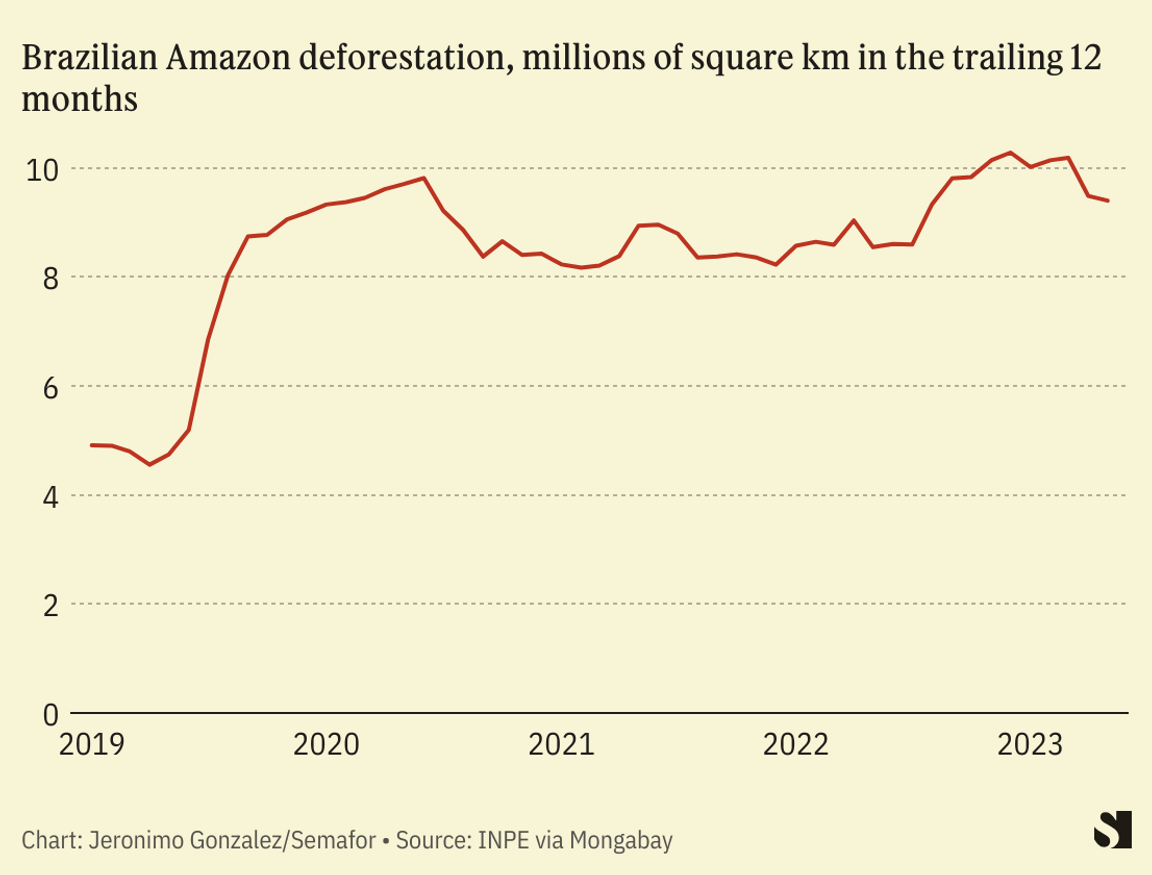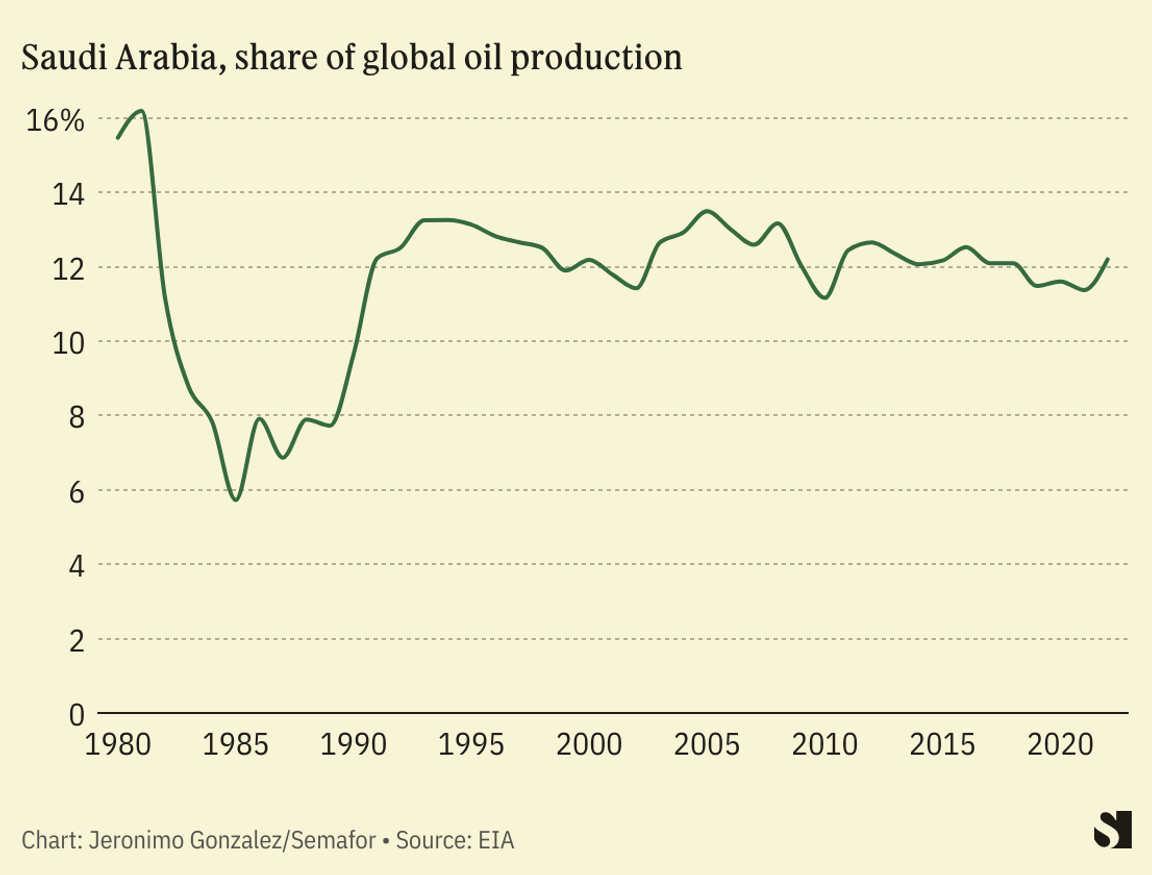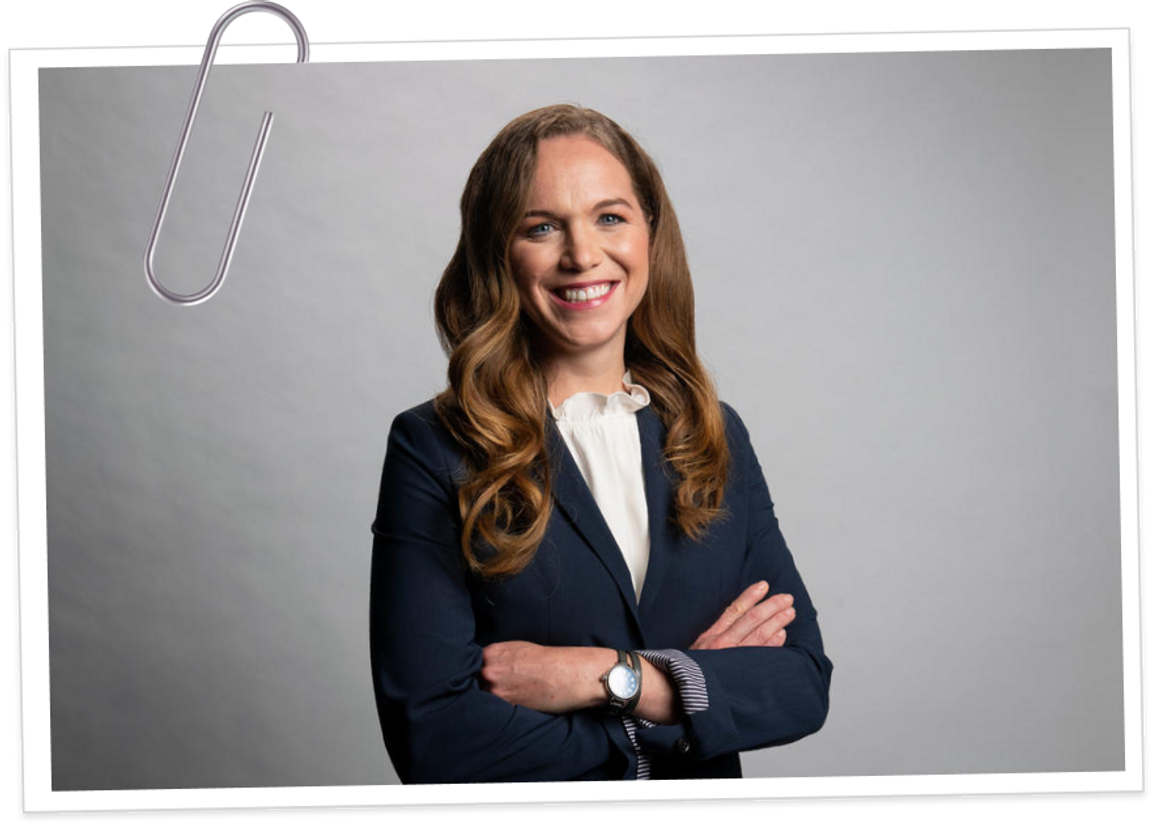 Delta Air Lines is giving up on carbon offsets and switching to an ambitious — quite possibly unachievable — plan to massively ramp up its consumption of non-fossil liquid fuels. In an interview at Climate Week, Chief Sustainability Officer Amelia DeLuca, who took up the position in July, said the company believes it can meet its 2050 net-zero targets without raising ticket prices for most passengers, despite the fact that the strategy hinges on shifting to fuels that today are at least twice the price of conventional jet fuel. When Delta first set a 2050 net-zero target, in 2020, its strategy hinged on carbon offset purchases, and the company quickly became one of the world’s top buyers of offsets. That backfired this year, when it got hit with a class-action lawsuit alleging its carbon-neutrality claims were overstated and over-reliant on low-quality carbon offsets. The company “is not buying any offsets right now,” DeLuca said. Its new decarbonization strategy has three elements. The first is to cut 10 million gallons of fuel consumption — about 0.25% of its total — every year by shedding weight, adopting different flight patterns, and other low-hanging fruit. The second is to invest in cutting-edge aviation technologies like battery electric and hydrogen planes, although DeLuca said those won’t have much of an impact before 2050. The third is all about “sustainable aviation fuel” (SAF), which is mostly derived from waste cooking oil and other plant-based feedstocks. Airlines today “are using every drop of SAF that exists,” DeLuca said, and this year the company came only halfway to its target of buying 10 million gallons. That makes the company’s 2030 SAF purchasing target — 400 million gallons — seem a bit daunting, she admitted. Delta is scrambling to sign future offtake agreements with prospective SAF producers. And they’re selling a limited number of SAF-fueled flights at a premium to corporate and cargo customers willing to pay more to cut their own carbon footprints. Although the company’s research clearly indicates that regular airline customers are increasingly concerned about aviation’s emissions, DeLuca said, it’s not clear they’d be willing to stomach the real ticket price for SAF. “The cost curves from SAF are supposed to pretty steadily walk down,” she said. “So actually, the other side of this is incredibly consumer-friendly. It’s just a matter of moving through that curve as quickly and collaboratively as possible.” | 

